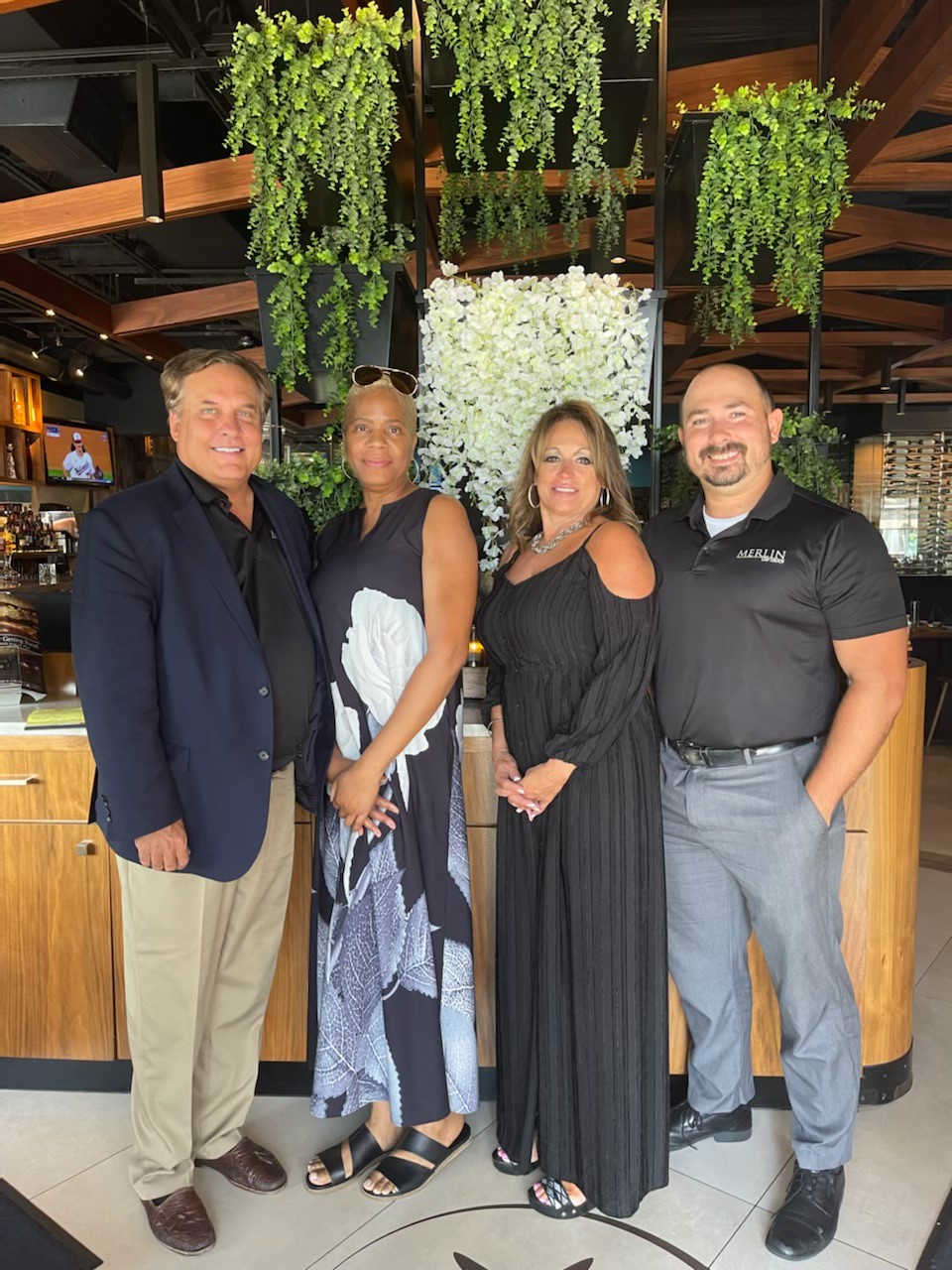I recently had my second child. So, when my paralegal, Regina, came in my office the other day with a large box I assumed that it was more gifts over and above the abundance of gifts that Chip, the Tampa office, and the Red Bank office had already showered my growing family with. Although I was correct as to the contents, the box was from a client whose case I had recently settled.
These clients had a long and unusually windy road to get to the settlement. They owned a unit in a two-building condominium association in southern New Jersey that was damaged by Hurricane Sandy back in 2012. The clients had spent money out of their pocket to replace damage that was commonly owned by the association and were seeking compensation for the money that they had spent on the repairs. The clients, who were on the board of the association, were unhappy with the amount that FEMA had offered to the association and obtained permission to file a lawsuit under the association’s policy. My clients were initially represented by a Texas law firm that had taken on a large caseload of Hurricane Sandy losses. Unfortunately, New Jersey can be a different animal in terms of how insurance companies litigate losses and a change of counsel was needed for their files.
Merlin Law Group and my prior firm, due to their respective success at handling Sandy losses at the time, were the two firms recommended by Ocean County Judge Robert Fall to take over the handling of the Texas firm’s cases and I took over this case.
I entered my clients’ file into the FEMA recovery program and negotiated an amount that covered the losses that my clients had remedied to the unit. Normally this would be a happy ending with the clients getting paid and being able to move on with their lives. However, my clients had recently sold their unit and were no longer on the board of the association. This meant that the check issued from FEMA would have to be signed by a member of the association because the policy was under the association’s name. The only member left on the association was the President. However, instead of endorsing the check, the President contacted FEMA, requested a stop payment on the issued check, ordered a new check sent to his address, and informed FEMA that I no longer represented the association.
In response, we had no choice to but to file suit against the association for the funds. After obtaining a Default Judgment, we had to put a lien on the association’s property, obtain a bank levy, and have sheriffs out to multiple properties to attempt to enforce writs of chattels. Before any property could be seized, however, The they were able to vacate the Default based on the very liberal standards to vacate a judgment in New Jersey.
Although vacating the default was a speedbump, we were able to win 100% of the amount in arbitration. The President and the association ultimately agreed to settle for nearly the full amount prior to trial.
I believe my clients and I were able to navigate through this situation peacefully due to the fact that we were in constant talks and the case consistently moved despite certain setbacks. While this was an atypical case, an insured can run into delays when dealing with an insurance carrier. When this happens, it is always important for the insured’s representative, whether it be a public adjuster or attorney, to be proactive in making sure the claim is moving forward while maintaining communication with clients by providing updates. Failure to do so will only lead to problems.




